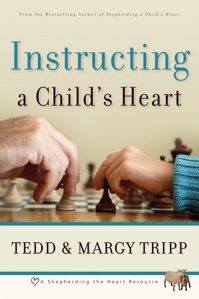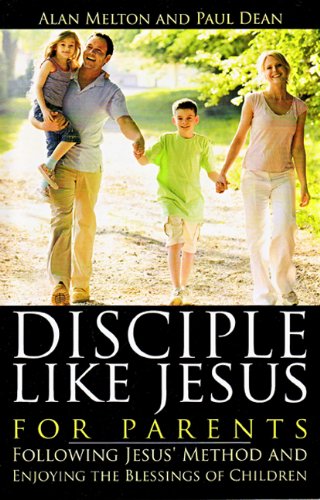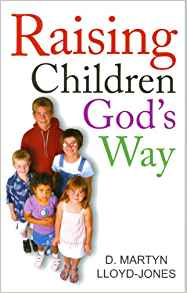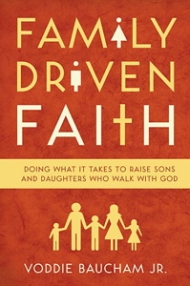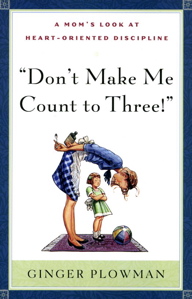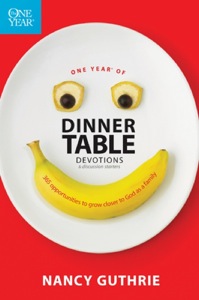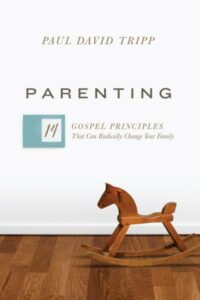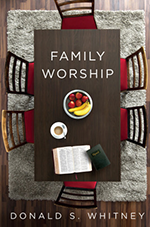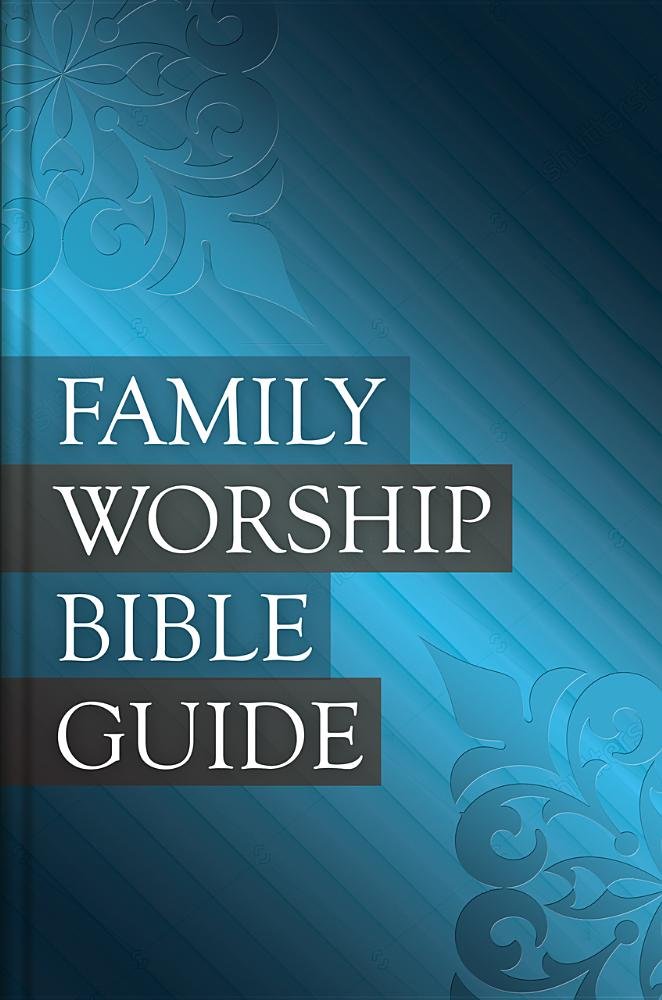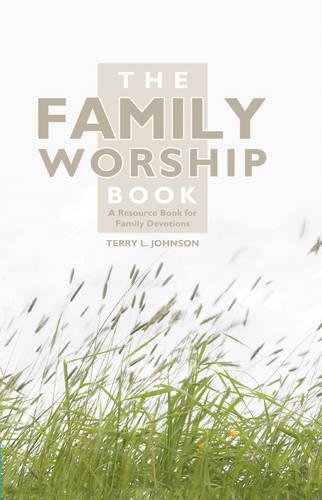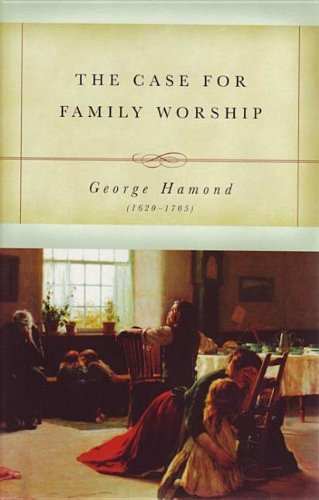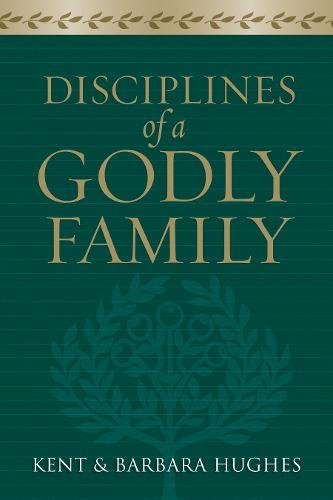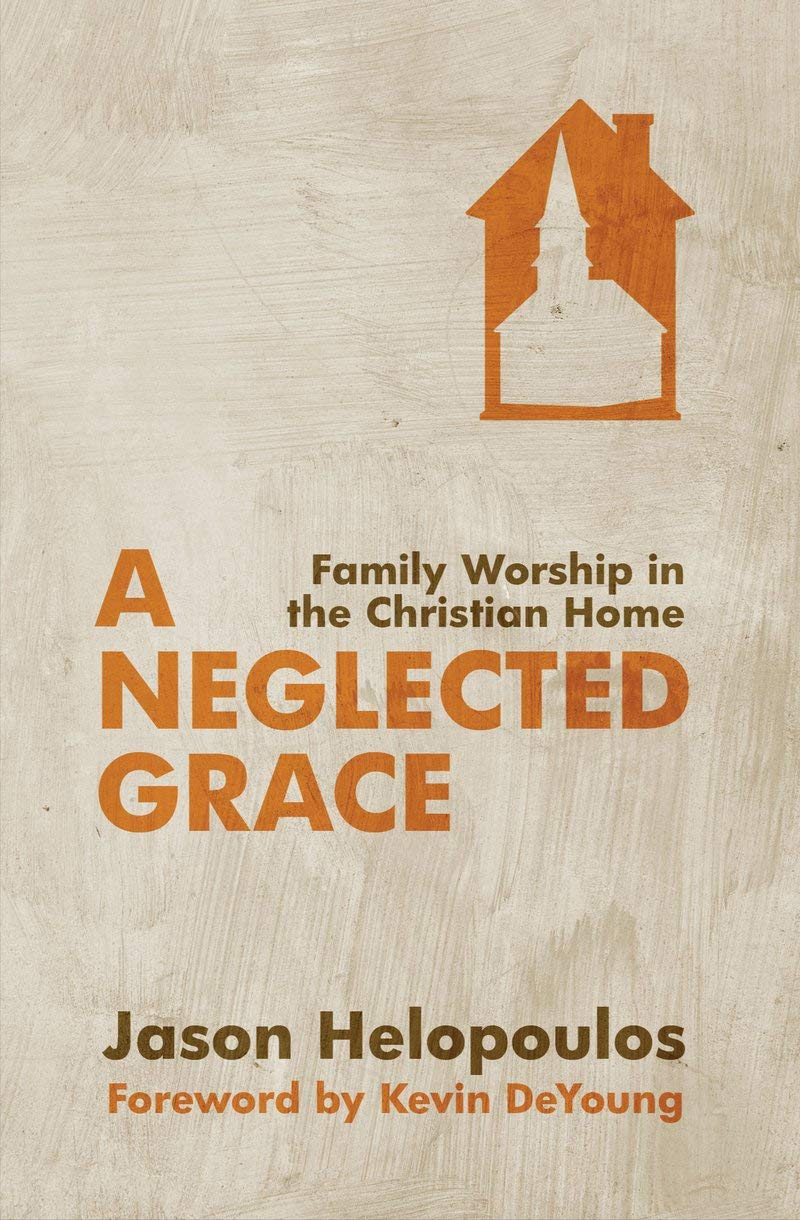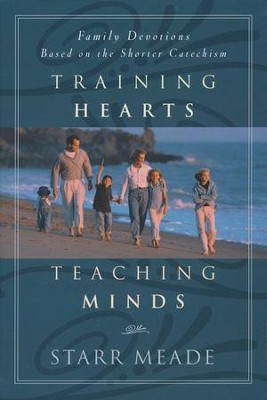The parent is invested with authority for some wise and special end, which looks beyond this world, and ‘things temporal.’ It is to accomplish the great purpose for which the family was constituted. It is true, that as a community and as individuals, we are greatly indebted to the domestic society, for many of the comforts and much of the peace of social life. It administers consolation and support in times of trial and affliction, and affords sympathy and relief in distress. It enlivens the dull monotony of private life. It relaxes the care-worn brow, and renders cheerful and pleasant the toils of business. But all this is in proportion to the peace, the harmony, and the love that reign in the family circle, and in proportion to the extent in which we answer the great end of the domestic constitution. This great end, therefore, should never be lost sight of, but constantly aimed at, in the administration of its government.
Wholesome discipline must be faithfully exercised. The reins of government must not he slackened, nor fall from the parent’s hands, nor pass into those of others. Over indulgence, whatever degree of affection is plead as its cause and excuse, should never be practised. This enervates power, and renders authority contemptible, in the eyes of those who should revere and obey it. It is painful to parental love to administer correction. But this is both a duty and a trial when it is necessary. This duty should be performed with prayerfulness and deliberation; not with passion, nor in an angry mood; otherwise it will fail to produce the proper effect. The child should be taught that it is a religious duty, and a painful one. That it seeks his welfare, and not the gratification of a revengeful spirit. ‘He that spareth his rod hateth his son: but he that loveth him chasteneth him betimes,’ Prov. 13:24. ‘Foolishness is bound in the heart of a child; but the rod of correction shall drive it far from him,’ Prov. 22:15. ‘The rod and reproof give wisdom; but a child left to himself bringeth his mother to shame,’ Prov. 29:15. ‘Withhold not correction from the child: for if thou beatest him with the rod, he shall not die. Thou shalt beat him with the rod, and shalt deliver his soul from hell,’ Prov. 23:13, 14.
Here the ultimate design of discipline is manifest. It is to save the soul: and to answer the end of the domestic constitution, by training up your children for the service of God, and to be heirs of salvation. We apprehend that the above passages of Scripture teach the necessity and duty of discipline in a family. The rod, however, should not be resorted to, when the object of discipline may be accomplished by milder means. It is a difficult and unpleasant duty, but one from which we cannot shrink, if we would be faithful to God and our children. Let the child be taught that he is corrected because God enjoins it, and that the parent cannot avoid it without offending God, and violating his command, and he will be led to view the chastisement as inflicted by God’s authority; and thence be induced to regard the improper conduct for which he is corrected, as not only an offence against his parents, but also as a sin against God. This brings the authority of God, in addition to that of the parent, to bear directly on his mind. Such discipline begets in the mind of a child the fear of God, and a reverence for the parent’s authority. Paul says, ‘We have had fathers of our flesh, which corrected us; and we gave them reverence,’ Heb. 12:9. The child may not be able to see how such discipline promotes his own good, but it is nevertheless true: for ‘no chastening for the present seemeth to be joyous, but grievous: nevertheless, afterwards it yieldeth the peaceable fruit of righteousness unto them which are exercised thereby.’ Heb. 12:11. For this end God chastises the children of his grace. ‘For whom the Lord loveth he chasteneth, and scourgeth every son whom he receiveth. If ye endure chastening, God dealeth with you as with sons; for what son is he whom the father chasteneth not? But if ye be without chastisement, whereof all are partakers, then are ye bastards and not sons.’ Heb. 12:6-8.
Let no sin pass unreproved, but let the reproof be timely and suitable, and administered with wisdom and affection. Let no undue indulgence, no misnamed affection, no expressive silence, sanction, or give the colour of innocence to, improper conduct. Let no course of sinful behaviour, or criminal indulgence remain unchecked, lest it become too strong for parental discipline, and break down the government of the family.
The neglect of domestic discipline is commonly followed by disgrace and ruin. We have an eminent example of this in the history of the sons of Eli, and of his sinful indulgence toward them. When they had been guilty of the grossest sins, he administered no more than a mild reproof, which laxness in early life had doubtless led to such enormous crimes, 1 Sam. 2:23. The house of Eli was punished, ‘because his sons made themselves vile, and he restrained them not,’ 1 Sam. 3:13.
This truth may also be exemplified in the life of David. ‘Observe his indulgence of Amnon. It produced incest. Remark his indulgence of Absalom, who besought him to allow his brethren to partake of a feast which he had prepared. It produced assassination. See his weak fondness for the same Absalom, who endeavoured to make his way to the throne by mean and clownish manners, affecting to shake hands with the Israelites, and to embrace and kiss them, (these are the terms of Scripture;) and practising all such popular arts as generally precede and predict sedition. This produced a civil war. Remark how he indulged Adonijah, who made himself chariots, and set up a retinue of fifty men. The sacred historian tells us, that ‘his father had not displeased him at any time, in saying, Why hast thou done so?’ 1 Kings, 1:6. This produced a usurpation of the throne and the crown.’

